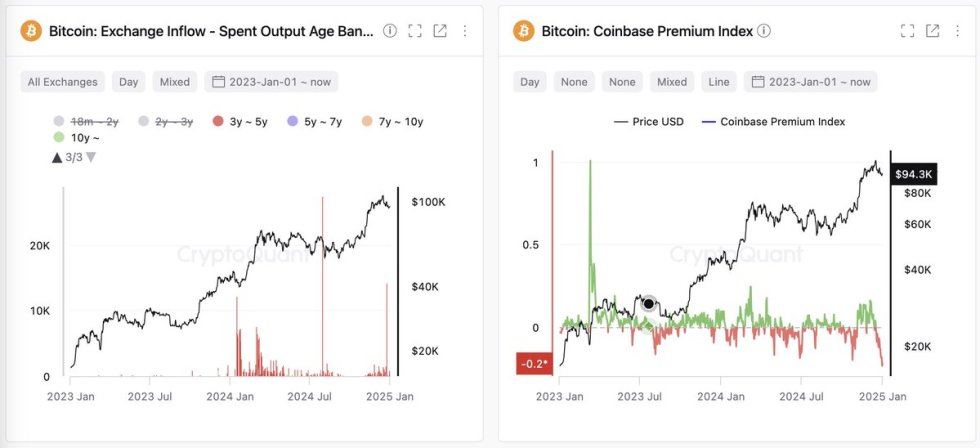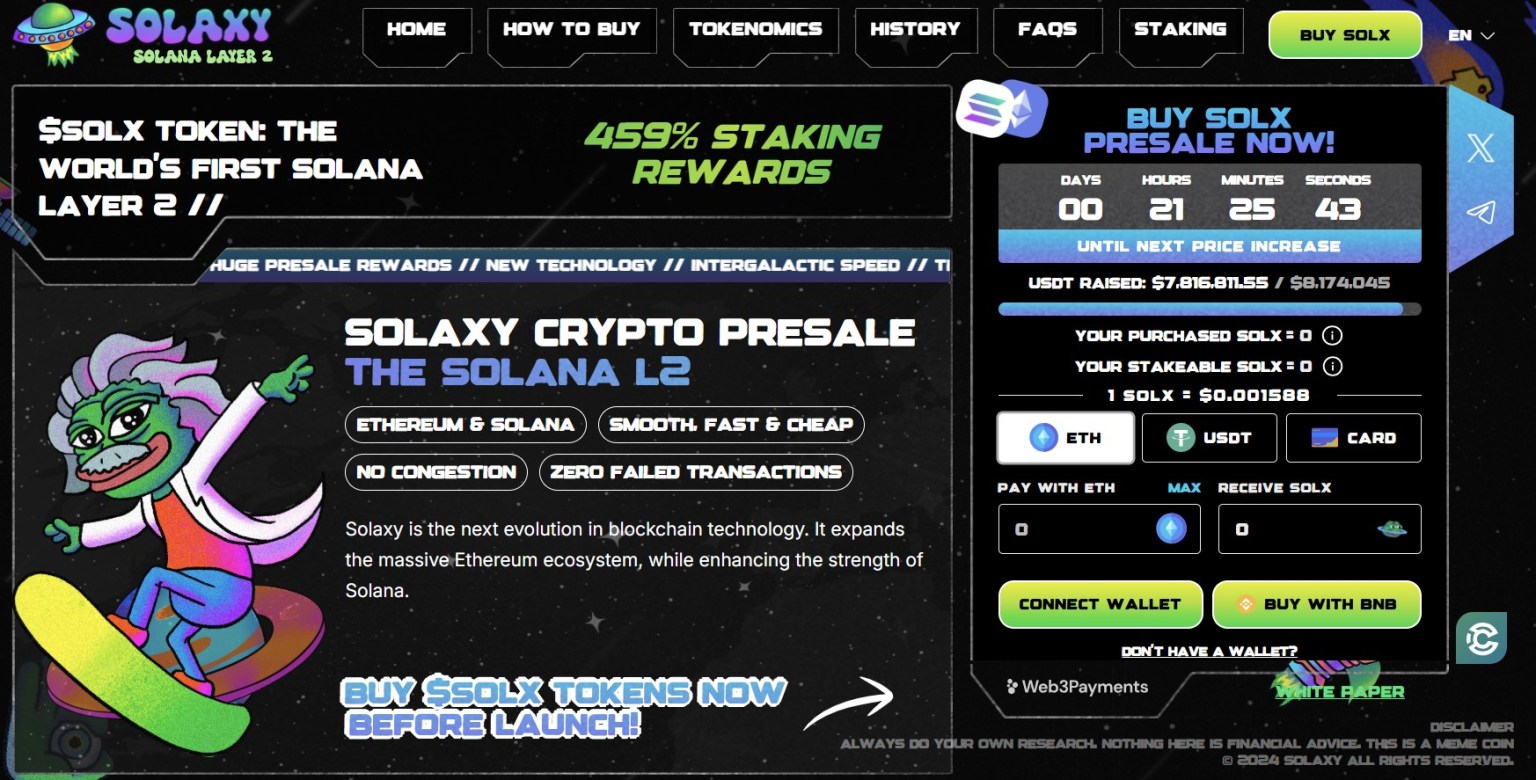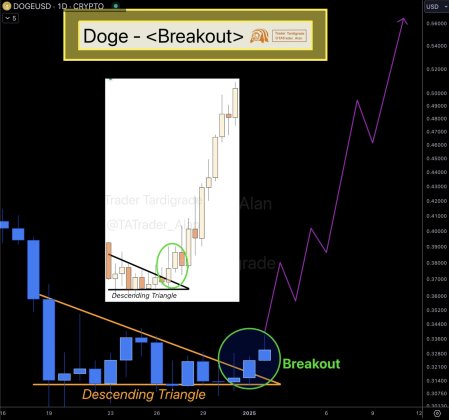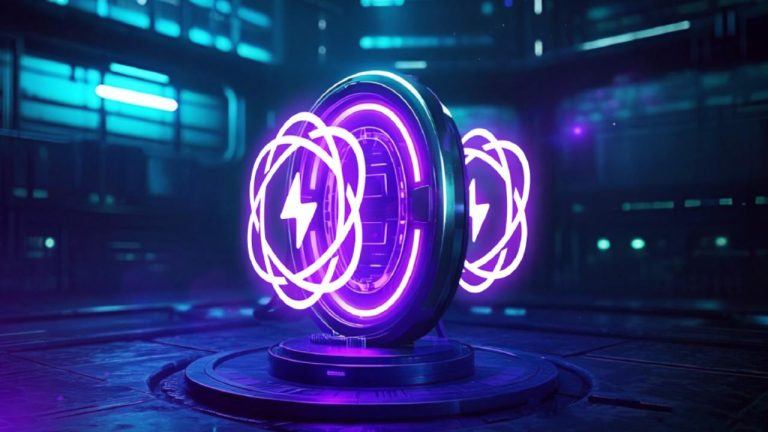It took me a while to understand this but here is how Cardano is actually going to scale in 2022:
Understanding The Problem
Before you understand how Cardano is going to scale you need to understand what limits scalability. First off, for a decentralized network you want everyone to be able to run a full node and verify the whole chain with low hardware requirements. The CPU, RAM, hard drive, and network requirements to run a full node are all very important. The current bottleneck is something different, though. The way Cardano works right now is that some node produces a block and then the block gets passed on to all the other nodes in the network. Every node verifies the block before it passes the block on to the next node. It takes a while to propagate a block through the whole network. After the block is propagated, the next block can be produced. If you increase the block size or decrease the block time right now you would increase the chances that the next block producer didn't receive the previous block yet which means you increase the probability of forks which decreases the security of the network. This is the biggest bottleneck for Cardano scalability right now.
Pipelining
Pipelining is a first step to address this bottleneck: Instead of verifying the whole block before passing it on, the nodes would only verify the block header and then pass it on to other nodes while simultaneously verifying the content of the block. This should dramatically decrease the time it takes to propagate a block through the network which means the block size can be increased without the risk of forks.
Input Endorsers
Input Endorsers are a bit difficult to explain but the idea is that you split block production into two parts: Input endorsers validate and endorse transactions and block producers put endorsed transactions into blocks. This makes Cardano work more like the DAG protocols (like Fantom, IOTA, or Nano). There is also this video presentation by an MIT researcher that explains how to scale Bitcoin by 10,000x with an approach similar to input endorsers.
Mithril
With pipelining and input endorsers the hardware requirements for running a node finally become the bottleneck. Mithril is a cryptographic primitive that allows nodes to verify the validity of the chain without downloading the whole chain. With Mithril the hardware requirements for block producers can be increased safely since devices that don't meet the hardware requirements can still use Mithril to verify the chain and their transactions.
State Growth
Cardano already requires every UTxO to store a minimum amount of ADA which limits the size of the Cardano ledger since ADA has a maximum supply.
With all the above improvements, Cardano can really crank the block size up by orders of magnitude without impacting the security or the decentralization of the system. The only bottleneck is CPU, RAM, and network requirements for the block producers which can also be improved by optimizing the code and the network architecture. Charles talked about a block size of 2 MB and a block time of 5 seconds in one of his recent videos which would be a 100x improvement in throughput.
CIP-33
Right now every smart contract transaction on Cardano needs to include the whole smart contract. This wastes a lot of block space. CIP-33 introduces a way to store a smart contract on the blockchain once and then reference it from many transactions. This will dramatically decrease the size of smart contract transactions which means that many more transactions can fit into a block.
With all these improvements Cardano should easily be able to scale to hundreds of TPS on layer 1 without sacrificing security or decentralization. Beyond that, layer 2 scaling solutions and sidechains will further improve the scalability.
[link] [comments]

You can get bonuses upto $100 FREE BONUS when you:
💰 Install these recommended apps:
💲 SocialGood - 100% Crypto Back on Everyday Shopping
💲 xPortal - The DeFi For The Next Billion
💲 CryptoTab Browser - Lightweight, fast, and ready to mine!
💰 Register on these recommended exchanges:
🟡 Binance🟡 Bitfinex🟡 Bitmart🟡 Bittrex🟡 Bitget
🟡 CoinEx🟡 Crypto.com🟡 Gate.io🟡 Huobi🟡 Kucoin.




















Comments